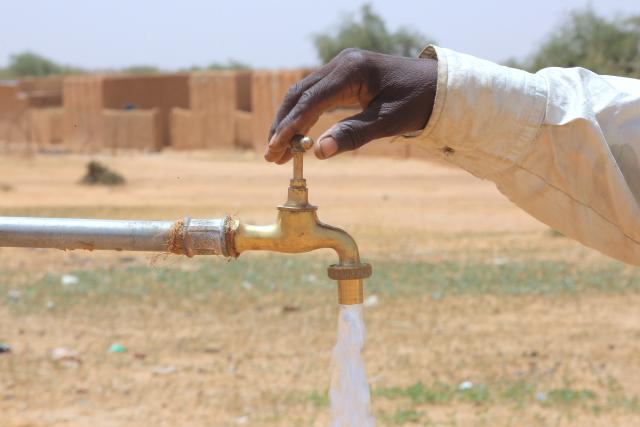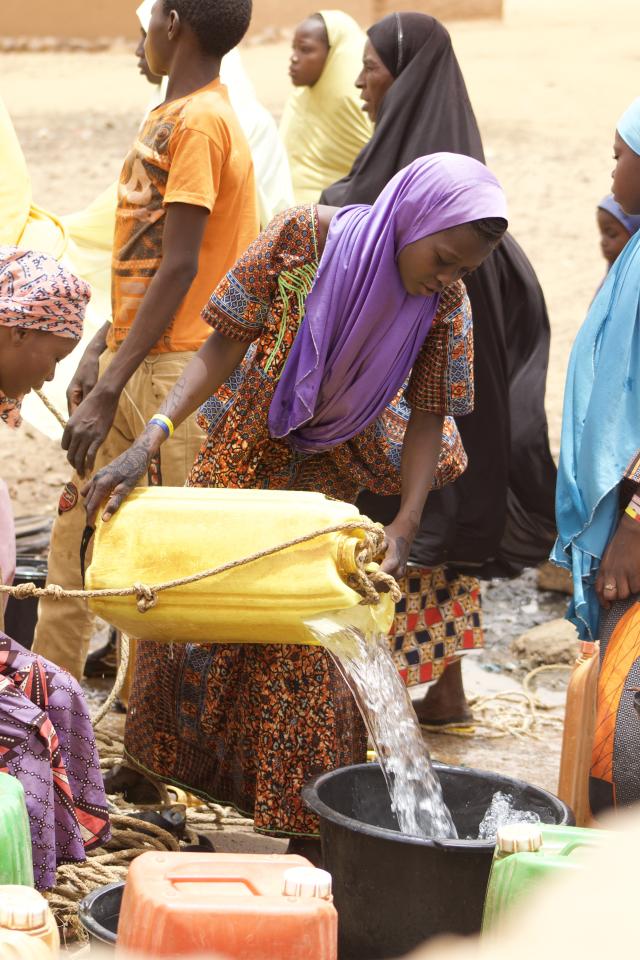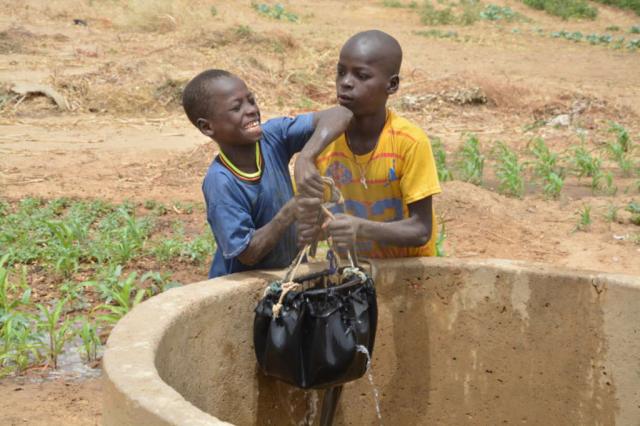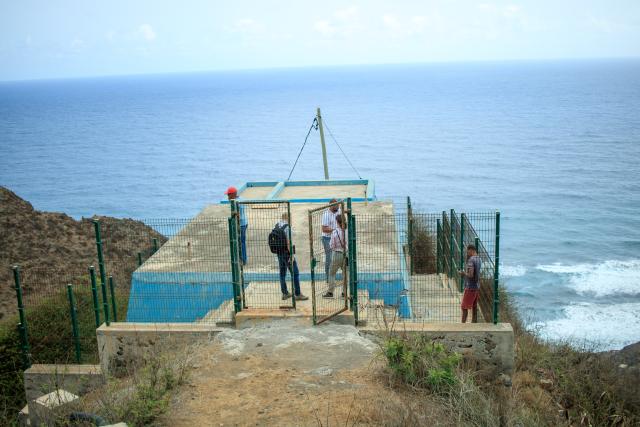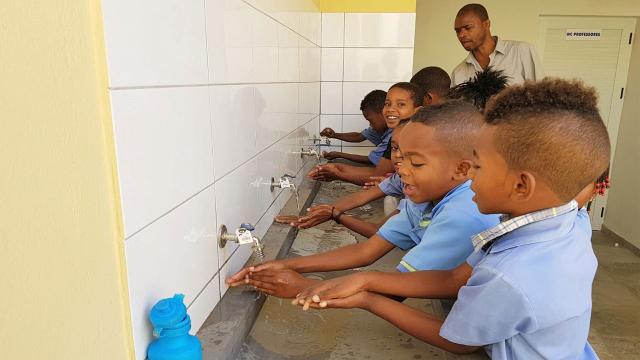LuxDev is actively involved in the water and sanitation sector, a key pillar of public health, well-being, and environmental protection.
© Artisan PROD

Introduction
Water and sanitation are fundamental to development cooperation. Closely linked to health, food security, education, and poverty reduction, they play a crucial role in preventing waterborne diseases, improving quality of life, and ensuring long-term economic growth.
Efforts in this sector directly contribute to several Sustainable Development Goals (SDGs), including SDG 6 (clean water and sanitation), SDG 1 (no poverty), SDG 3 (good health and well-being) and SDG 4 (quality education).
Luxembourg Cooperation is committed to enhancing access to safe drinking water and sanitation to prevent disease and support healthier populations.
By investing in clean water access and proper sanitation facilities, LuxDev helps build more inclusive, resilient, and sustainable communities.
-
EUR 5,227,999
disbursed in 2024
-
4%
of LuxDev’s total disbursements in 2024
Water
To improve access to clean drinking water, LuxDev implements targeted initiatives, including the construction and rehabilitation of water supply systems.
We promote sustainable and innovative water management practices, such as integrating renewable energy into water production and distribution and developing wastewater recovery systems.
In parallel, we support sector operators in maintaining infrastructure and improving operational management to minimise technical and commercial losses. These efforts ensure fair and affordable access to clean water for all.
Our approach is built on close collaboration with authorities in partner countries, aligning with their strategic priorities. We focus on designing and deploying context-specific water infrastructure, training engineers and technicians, and fostering innovative partnerships between public and private stakeholders to ensure the sustainability of our interventions.
Gallery viewer
Sanitation
In rural and semi-urban areas, LuxDev builds and rehabilitates sanitation infrastructure, including latrines and wastewater management systems. We also support waste management and treatment to reduce health and environmental risks.
We take a holistic approach, combining infrastructure development, hygiene awareness campaigns, and community health worker training. By reinforcing these efforts, we help create a healthier environment and improve living conditions for the most at-risk populations.
